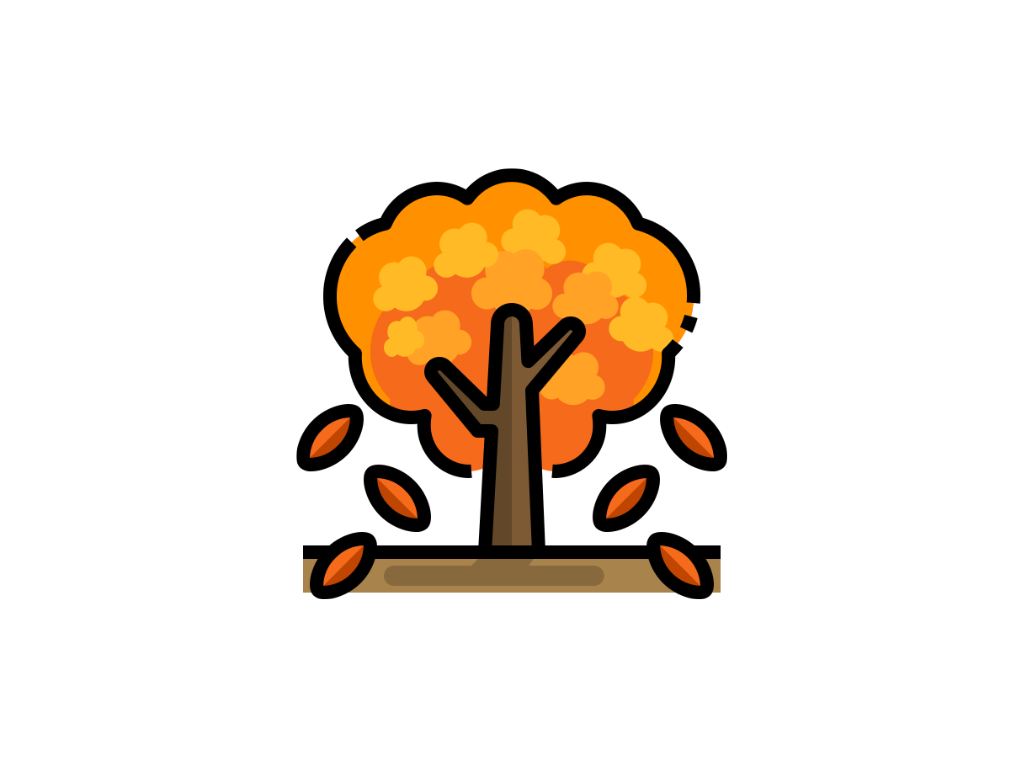Introduction
Coming back from surgery or illness often means tackling more than just healing; it means dealing with low mobility, reduced appetite, and that familiar question: “What do I actually feel like eating today?” You deserve a meal plan that fits where you are now, not one more thing you have to stress over.
That’s where Ollie comes in. As featured in The Washington Post and other spots, Ollie uses AI to build personalized plans that respect recovery, appetite changes, and limited mobility.
In this guide, we’ll walk you through how to plan meals when your body’s still recovering: what to eat, how to prep, how to lean in on tools like Ollie, and how to make your recovery a little easier.
1. Why recovery nutrition matters for healing and energy
Good nutrition during recovery fuels your body’s repair mechanisms—supporting tissue healing, immune function, and energy. Without it, you risk delayed healing or feeling sluggish. Cleveland Clinic
When you’re tired, maybe in pain, or don’t have full mobility, the idea of assembling balanced meals can feel insurmountable. Appetite might be low; you may not feel like cooking, and yet your body needs nutrients more than ever.
Ollie steps in by generating meal plans tailored to your recovery phase, highlighting protein, hydration, and easy-to-prepare options. It takes the guesswork out of “what to eat today” and adjusts for your energy level, so you focus on rest and healing instead of meal stress.
2. What to eat when appetite or mobility is limited
In recovery, you’ll benefit from foods high in protein, vitamins A & C, zinc, and fluids, and if your appetite is low, prioritizing gentle, nutrient-dense, easy-to-consume meals is key. Center for Healthy Living
Maybe you can’t stand long in the kitchen, or you’re wobbly and your energy dips. Maybe solids feel heavy, and you just want something light. That’s okay, your body still needs support. What matters is direction and practicality, not gourmet perfection.
With Ollie, you can ask it to “plan three soft dinners this week” or “select high-protein, low-prep meals,” and the app will create a menu accordingly. You can even take a photo of your fridge/pantry to prompt meal ideas using what you already have, reducing the need to shop or cook much.
3. Easy, nutrient-dense meals you can prep or reheat
When you’re recovering, meals that prep once and reheat easily are a godsend. Think soups, stews, casseroles, smoothies and always include a lean protein, vegetables, and a hydrating component.
You might not feel like spending time chopping or standing at the stove. You might even have limitations on how much you can lift or how long you can stand. Having go-to meals that are gentle on your body but strong on nutrition removes a huge barrier.
Ollie creates weekly menus that factor in “less cooking time” or “one-pot meals.” It compiles your grocery list automatically, sorted by category, and you can swap any meal easily via chat. You can mark what you’ve cooked (“Cooked it”) so Ollie understands what works for you.
4. How to plan around temporary fatigue or restrictions
Fatigue and physical restrictions are common in recovery. It’s important to plan meals around your energy windows and limitations, have easier-to-execute dinners when you’re weaker, save more involved meals for when you feel better.
You might wake up with energy, but by the afternoon, you’re spent. Or maybe you can’t stand more than 10 minutes, or you’re relying on someone else to cook. Planning meals under these unpredictable conditions feels overwhelming.
With Ollie, you can tell it: “I only have 15 minutes to cook tonight” or “My mobility’s low—prepare something I can just heat up.” It adapts your weekly plan accordingly, places easier meals on your heavier days, and stores favorites so you don’t have to reinvent the wheel every time.
5. How Ollie supports recovery — gentle, healing meal plans delivered to your schedule
A meal-planning tool becomes truly supportive when it considers healing, ease, and your body’s changed demands. Recovery isn’t just about food; it’s about rhythm, support, and less mental load.
You’re likely managing appointments, pain levels, maybe a caregiver, and everyday life doesn’t pause. Meal planning can feel like just another task you’d rather skip. But skipping meals or eating random stuff can delay healing or leave you drained.
How Ollie helps
- Automatically builds weekly meal plans around your schedule and eating ability.
- Let’s you replace, modify, or remove meals easily (“Swap tonight’s dinner for a protein smoothie”).
- Generates a smart grocery list—grouped by section—so shopping is quicker, or you can use delivery.
- Learns what you like, what you tolerated, and what you didn’t. Over time, it serves you better.
- Perfect for caregivers too: set up one plan for the person recovering, manage nutrition with less guesswork.
And, being featured in publications like Forbes, Ollie has credibility in the space of relieving household stress.
Recovering with Meal Planning
Recovery doesn’t mean you have to sacrifice flavour, nutrition, or ease. With thoughtful planning and the right tools, you can nourish your body and support healing, without it feeling like one more mountain to climb.
With Ollie, you don’t just get recipes, you get a plan tuned to your week, your energy level, and your needs. No more guessing. No more stress.
Make the road to feeling whole a little smoother. Want smarter meals for your recovery? Let Ollie plan them for you.




